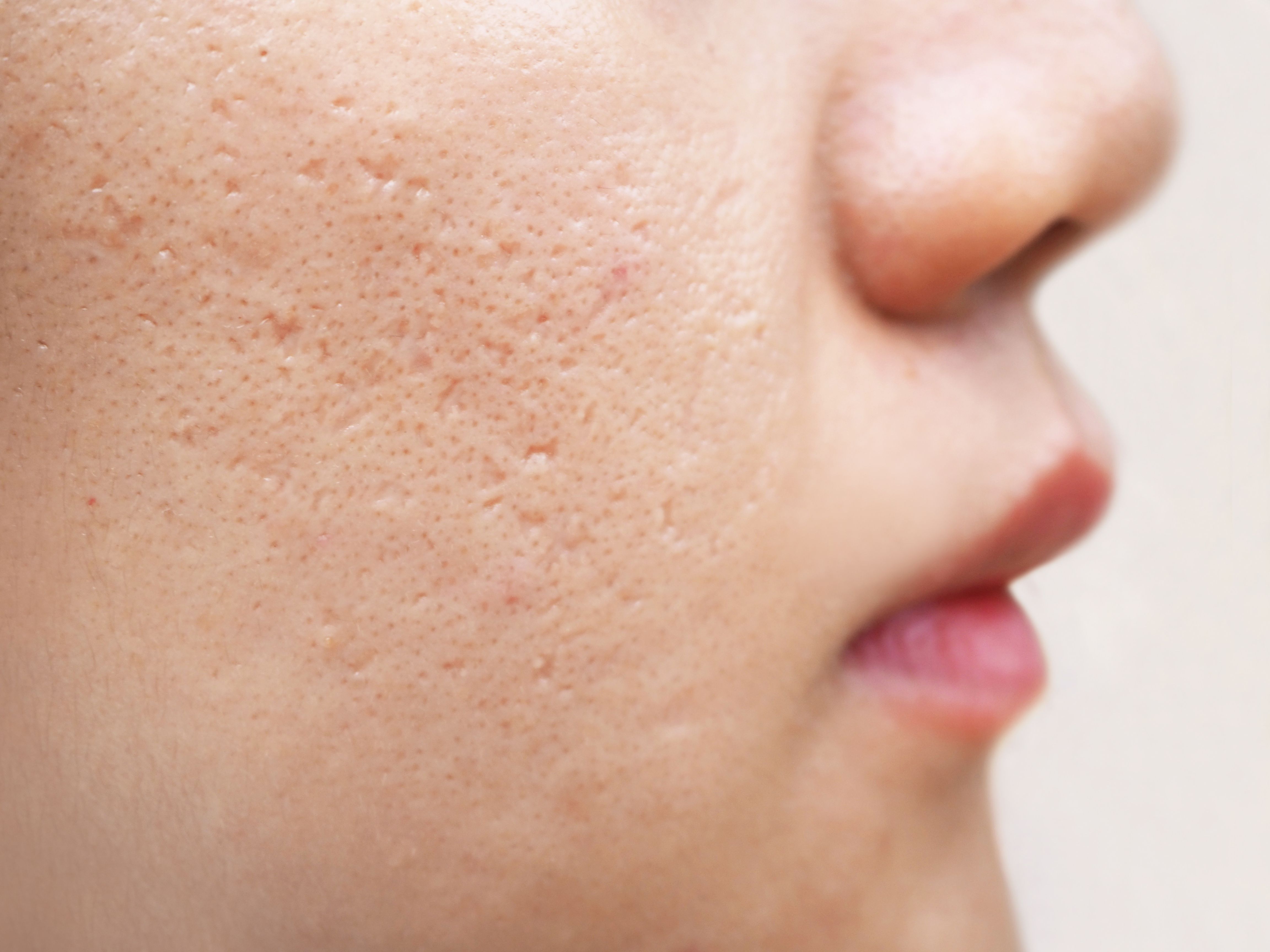- Acne
- Actinic Keratosis
- Aesthetics
- Alopecia
- Atopic Dermatitis
- Buy-and-Bill
- COVID-19
- Case-Based Roundtable
- Chronic Hand Eczema
- Chronic Spontaneous Urticaria
- Drug Watch
- Eczema
- General Dermatology
- Hidradenitis Suppurativa
- Melasma
- NP and PA
- Pediatric Dermatology
- Pigmentary Disorders
- Practice Management
- Precision Medicine and Biologics
- Prurigo Nodularis
- Psoriasis
- Psoriatic Arthritis
- Rare Disease
- Rosacea
- Skin Cancer
- Vitiligo
- Wound Care
News
Article
Study Finds Resilience Boosts Life Quality in Acne
Author(s):
Key Takeaways
- Emotional resilience is vital in reducing the psychological burden of acne, improving mental health outcomes and patient satisfaction.
- The study found negative correlations between emotional resilience and SRQL domains, indicating higher resilience improves SRQL.
Researchers found emotional resilience can mitigate acne's psychological and social challenges.
Acne vulgaris, while neither life-threatening nor physically debilitating, has a profound psychological impact, surpassing that of many chronic conditions such as asthma, epilepsy, back pain, arthritis, or psoriasis. Patients with acne often report mental health impairments comparable to or greater than those with these conditions.1 Resilience plays a critical role in maintaining mental health in vulnerable populations.2 Despite substantial research on mental health and acne, the interplay between skin-related quality of life (SRQL) and emotional resilience inpatients with acne remains underexplored.
Emotional resilience mitigates the psychological burden of stress, enhancing mental health outcomes and patient satisfaction with clinical care.2 A recent study investigated how emotional resilience, assessed through the Connor–Davidson Resilience Scale (CD-RISC), correlates with SRQL, measured via the Skindex-16, among patients with acne compared to acne-free controls.3
Methods
The Skindex-16 evaluates the impact of skin diseases on quality of life across 3 domains: physical symptoms (e.g., itching, irritation), emotional responses (e.g., worry, embarrassment), and functional impacts (e.g., difficulties with social interactions, work).4 Data were drawn from a prior study on acne and lifestyle among adolescents and young adults.5 Researchers stated participants aged 12 to 24 years, with or without acne, were included, with exclusion criteria for controls included prior isotretinoin use or chronic inflammatory skin diseases. Complete data yielded a sample of 195 participants, with a mean age of 18.7 years.
Demographics revealed that 61.5% of participants were female, 81.5% were non-Hispanic White, and 39% had completed secondary education. Employment varied, with 24.1% working full-time, and 34.9% part-time. Acne severity ranged from minimal to severe among cases. The Skindex-16 was modified to prompt participants to reflect on their acne or skin condition specifically.
Results
The study stated that the mean CD-RISC score was 69.9 (± 14.4). Skindex-16 mean scores for symptoms, emotions, and functioning were reported to be 18.0 (± 19.0), 35.5 (± 30.5), and 12.3 (± 19.1), respectively. Emotional resilience showed negative correlations with all SRQL domains: symptoms (ρ = -0.15, p = 0.04), emotions (ρ = -0.26, p < 0.01), and functioning (ρ = -0.29, p < 0.01). Researchers stated these findings suggest greater resilience corresponds to improved SRQL.
Among patients with acne, the study found significant correlations between resilience and the emotions and functioning domains. Conversely, symptoms were found to be significantly correlated with resilience in acne-free controls. This indicated to researchers that while symptoms heavily influence SRQL in acne-free individuals, emotions and functioning are more pertinent for patients with acne.
Discussion
Consistent with prior studies, lower resilience was found to be associated with poorer SRQL in patients with acne. For example, two-thirds of adolescent and all adult participants in a related study reported significant social impacts from acne. Psychological symptoms often correlated with low resilience in patients with acne.1 Researchers noted differences in cohort age and study design may account for discrepancies between this and other studies.
This study’s focus on adolescents and young adults aged 12 to 24 years highlights the need for targeted research on resilience in younger populations. Limitations of the included potential underpowering due to insufficient evidence for power calculations and a predominantly non-Hispanic White sample, which may limit generalizability.
Conclusion
This study underscores the relationship between emotional resilience and SRQL in patients with acne. Researchers stated enhancing resilience could improve patient outcomes and satisfaction with care. The study suggested clinicians should integrate resilience-building strategies into clinical practice. It stated that future research should evaluate the clinical utility of CD-RISC in acne management and develop interventions to enhance resilience and SRQL in this population.
References
- Fabbrocini G, Cacciapuoti S, Monfrecola G. A qualitative investigation of the impact of acne on health-related quality of life (HRQL): Development of a conceptual model. Dermatol Ther (Heidelb). 2018;8(1):85-99. doi:10.1007/s13555-018-0224-7
- Connor KM, Davidson JR. Development of a new resilience scale: the Connor-Davidson Resilience Scale (CD-RISC). Depress Anxiety. 2003;18(2):76-82. doi:10.1002/da.10113
- Stone CJ, Ufkes N, Secrest AM, et al. Relationships between quality of life and emotional resilience for those with and without acne. J Cosmet Dermatol. 2025;24(1):e16744. doi:10.1111/jocd.16744
- Chren MM, Lasek RJ, Sahay AP, Sands LP. Measurement properties of Skindex-16: a brief quality-of-life measure for patients with skin diseases. J Cutan Med Surg. 2001;5(2):105-110. doi:10.1007/BF02737863
- Snyder A, Stone C, Ufkes N, et al. Lifestyle, medication use, and age considerations with acne vulgaris: A prospective study. JEADV Clinical Practice. 2024;1–13.
Newsletter
Like what you’re reading? Subscribe to Dermatology Times for weekly updates on therapies, innovations, and real-world practice tips.












